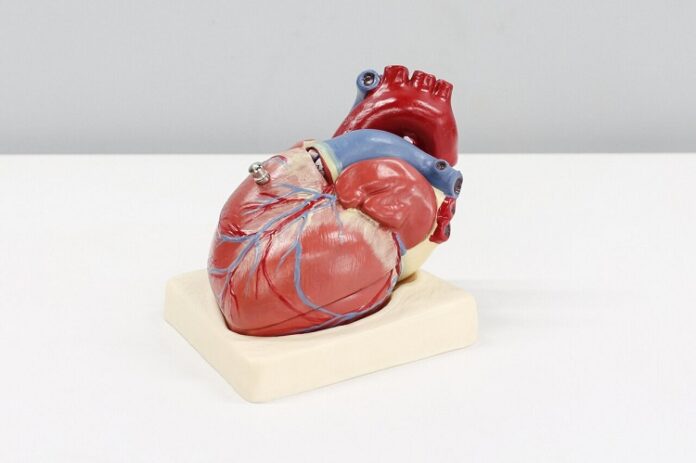Atrial fibrillation, also referred to as AF or AFib, is an irregular but treatable heartbeat. Irregular heartbeat (arrhythmia) is characterized by slow, fast, or irregular heartbeat rhythm. Upper East Side atrial fibrillation occurs when your normal heartbeat in the upper chambers (atria) is irregular, meaning blood does not efficiently flow to the lower ambers (ventricles). AFib can occur in brief episodes and in other cases as a permanent condition. While AFib’s exact cause is unknown, certain situations increase your risk. Learn more about the variation in medical field due to the advancement in technology, on this website: https://www.4thecure.com
Among the common risk factors includes:
Table of Contents
Age
Aging increases AFib risk mainly since your atria’s structural and electrical remodeling is more advanced. Besides cardiovascular aging, older adults are at a higher AFib risk due to increased comorbidity. While you can’t stop aging, measures like sticking to a healthier lifestyle can help lower the risk. This includes a proper and cardiovascular-friendly diet, exercise, and stress management, to mention a few areas that impact the quality of your life.
Family history
AFib can run in families. The genetic predisposition increases your risk but does not mean it is inevitable that you will have AFib. You can lower the risk by managing other factors that increase the chances of an attack. This includes routine checks, a healthy diet, exercise, and managing other health-related concerns.
Heart disease
Heart disease that increases AFib risk includes:
- Coronary artery disease
- Heart attack
- Valve problems
- Congestive heart failure
- Congenital heart disease
This is considering the affected heart mechanism that can cause an irregular heartbeat. Routine screening, proper treatment, and management can help you keep AFib at bay when dealing with such heart diseases.
Excessive weight
Obesity can result in increased left atrium size. This is the left heart chamber that receives oxygen-rich blood from your lungs. When it enlarges, your heart’s efficiency takes a blow, resulting in an irregular heartbeat.
Weight management is critical in all your health-related concerns. This is because it can cause other concerns that increase AFib risk besides enlarging the left atrium. Proper diet, physical activity, and in some instances, treatments like weight-loss surgery can help you manage weight, lower AFib risk, and keep other health problems at bay.
High blood pressure
High blood pressure strains your heart and causes blood vessel damage. This puts you at increased AFib risk. Ensuring you manage high blood pressure, including following prescription medication and sticking to a healthy diet and physical activity regimen, helps lower AFib risk.
Alcoholism
Excessive alcohol consumption impacts your heart rate. This mostly translates to fast and, in many instances, irregular heartbeats. Besides increasing the risk, alcohol consumption is a common AFib trigger.
Chronic conditions
Chronic conditions that increase AFib risk include:
- Diabetes
- Kidney disease
- Sleep apnea
- Lung disease
The risk is higher if the conditions are poorly managed, impacting your overall health.
AFib can cause serious complications. Blood clots are among the life-threatening complications since they can lead to stroke. This is why blood thinners are commonly prescribed to people with atrial fibrillation, helping with blood clots and preventing stroke. Visit Upper East Side Cardiology today for screening, treatment, and lifestyle recommendations to lower AFib episodes.















